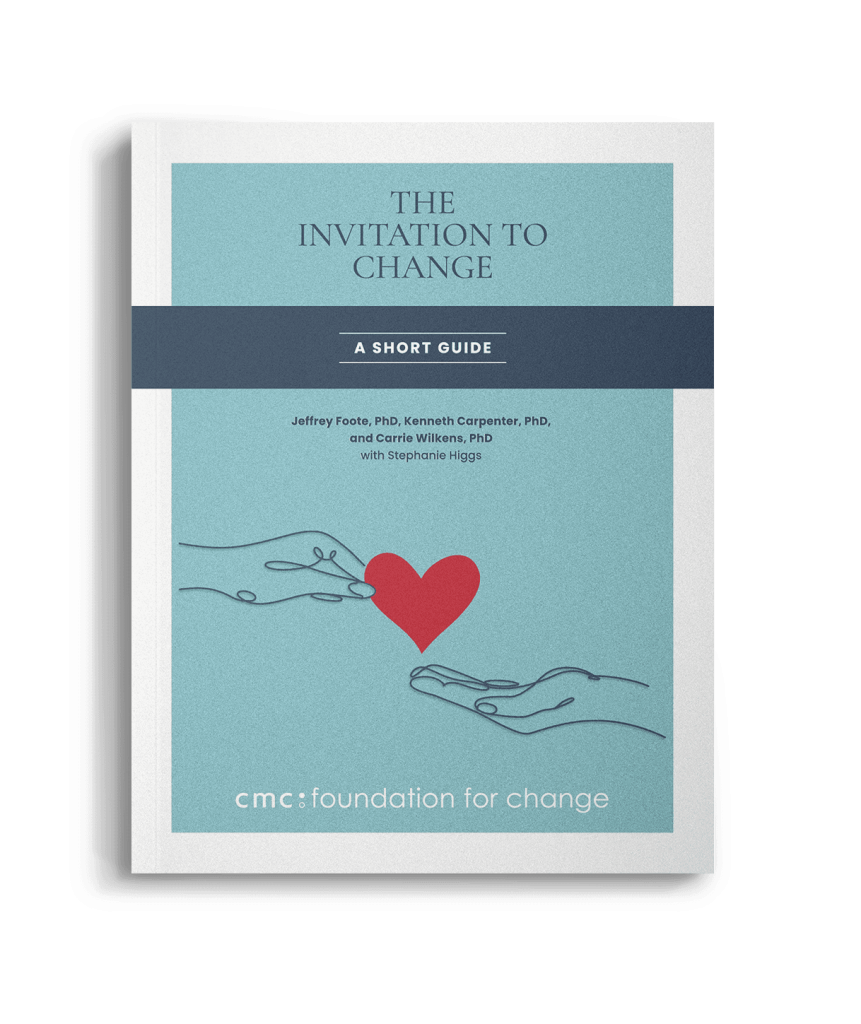Do you know the expression, “You’re only as happy as your unhappiest child?” While we wish it were not true, many parents feel exactly this way when their child is struggling (with substance use or any other behavioral/ emotional problem). Instead of feeling the joy of watching a child grow up and experience life, they are awash in a variety of painful, negative feelings. You may find yourself yelling and even screaming, nagging, begging, crying, or just shutting down. At times, you may feel like giving up completely.
Two things about these feelings: 1) they are normal, and 2) you weren’t born knowing how to deal with the situation you are facing, but you can learn. Managing these negative feelings is an important job to take on as they needn’t prevent you from helping your child or enjoying yourself, the rest of your family, and the other parts of your life.
YOUR NEGATIVE EMOTIONS
When your child is using substances or engaging in other risky behaviors, you will naturally feel afraid, angry, betrayed, ashamed, confused, guilty, and a host of other painful emotions. Your task is manage them so you don’t act on them with your child.
Acknowledging your feelings to yourself as they happen helps defuse them, though it may seem counter intuitive. Just the act of being aware can help keep your negative emotions from bursting out of you in the form of confrontational or hostile behaviors that push away your child and take you further from your ultimate goals. Awareness gives you choice and helps you change course to be most effective. If you know you are about ready to boil over, you can step back and decide to finish a conversation in the morning when cooler heads prevail. If you know you are on the verge of panic, you can ask a loved one or friend for support. Often, letting your negative feelings simply be allows them to pass, as they do when you don’t fan the flames or act on them, giving you quicker access to the positive emotions you need to help your child change. (Remember why you’re reading this in the first place: you love this kid. That’s where help comes from.)
THE IMPACT OF EMOTIONS ON YOUR BEHAVIOR
Acting on your emotions by breaking down, confronting, or detaching is counter-productive in many ways. Let us count them: 1) you ultimately feel worse (for losing control, for saying things you regret); 2) you help your child divert attention from their actions by making you the problem (“my mom’s crazy,” “she always overreacts”); 3) your child may cope with the negative feelings brought on by the situation by turning to substances more (this is not to blame you for your child’s behavior, but to help you do everything you can to remove yourself as her excuse); 4) a truth about motivation: confrontation leads to resistance and your child’s motivation is likely to drop; and 5) as your relationship deteriorates due to conflict or detachment, so does your positive influence.
The alternative to acting on your negative feelings is to manage them and find ways to be calm and non-confrontational. Engaging with your child in this way does not mean you are passively accepting risky behavior; it means your child will more likely hear what you think about the behavior and, more important, about healthier ways to behave. Staying connected in a calmer way also lets her know you care (whatever she says in the heat of the moment, trust that she cares that you care) and are prepared to stay the course. Not least, you will be modeling the behavior you want to see from your child.
Easier said than done, right?
HOW TO MANAGE
- Take care of yourself. Do at least the minimum to keep up your resilience—enough sleep, a balanced diet, exercise, and so on—and then some: time to yourself, activities you enjoy, time with people who make you laugh and feel loved, and so on.
- Anticipate your negative emotions. How does your child push your buttons? What triggers your anger, yelling, and other unproductive behaviors? Make a list, then read on to learn some other ways to respond.
- In your head, label your feelings and describe to yourself what’s happening: “I feel really angry incredibly fast when he uses that disrespectful tone with me.” Just narrating to yourself what’s happening can provide a little bit of distance between you and your emotional reaction.
- Take a “time out.” Give yourself permission to avoid the most triggering situations while you try to improve the climate in your home.
- Imagine it was your neighbor’s kid or your nephew/niece. How would you react? Perhaps somewhat less judgmentally and more calmly. Try on this perspective for a couple of minutes and see if it helps you get through the moment.
- Set a limit. If, upon reflection, you choose not to put up with a particular behavior (such as name-calling or swearing, yelling or physical aggression), plan what the consequences will be and use the communication skills in this guide and in our book, Beyond Addiction, to explain this to your child in advance. In a calm moment, you might say, “I know it’s hard for you to keep your voice down when you’re mad, but if you yell at me again, you will lose your computer for the night.”
Next Page: You’re Not Alone: Reducing Isolation


